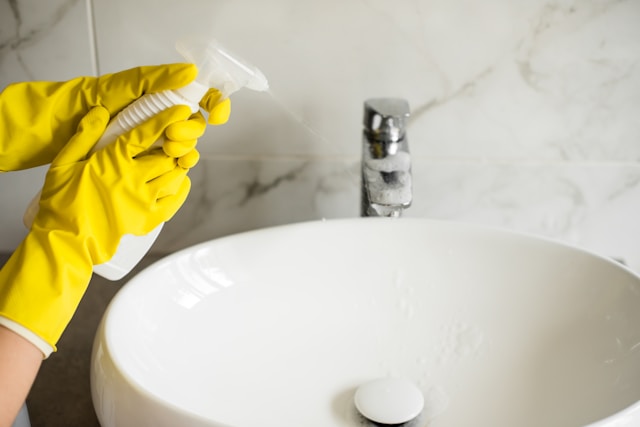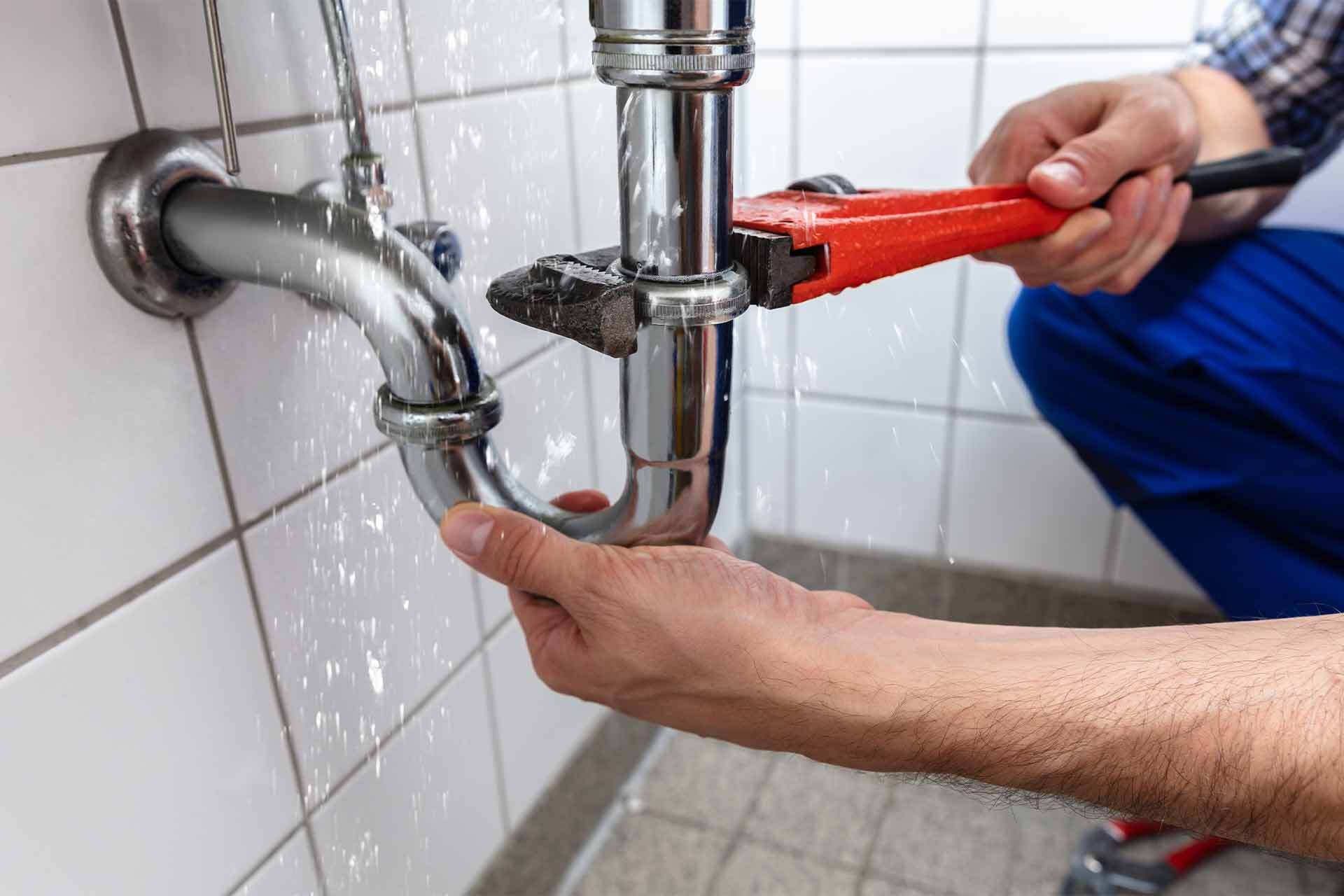Maintaining Your New Home's Bathroom Plumbing: Essential Guidelines
Maintaining Your New Home's Bathroom Plumbing: Essential Guidelines
Blog Article
How do you actually feel when it comes to General Plumbing Tips for New Homeowners?

For brand-new home owners, understanding and maintaining bathroom plumbing can save both money and time by stopping pricey issues down the line. Below are some important bathroom plumbing ideas to help you maintain everything running efficiently.
Prepare for Cold Weather
Safeguard your pipelines from freezing during winter by shielding pipes in unheated areas like cellars, attic rooms, and garages. During extreme cool, let cold water drip from faucets offered by subjected pipelines to help prevent cold.
Schedule Normal Maintenance
Consider scheduling yearly evaluations with an accredited plumbing technician. They can detect problems that you could miss out on, such as concealed leakages or wear and tear on pipes and components. Normal upkeep helps extend the life of your plumbing system and can avoid emergencies.
Familiarize Yourself with the Main Shut-Off Valve
Knowing where the main water shut-off valve is located in your home is crucial. This permits you to promptly switch off the water in case of significant leaks or throughout plumbing emergencies, preventing considerable water damages.
On A Regular Basis Evaluate for Leakages
Small leakages can result in big troubles. On a regular basis inspect under sinks, around toilets, and near pipes fixtures for any type of signs of leaks. Seek moisture, tiny drips, or rust. Capturing and fixing leakages early can protect against extra severe damage and save water.
Maintain Your Hot Water Heater
Ensure your hot water heater is set to an appropriate temperature level (generally around 120 levels Fahrenheit) to prevent hot and minimize power use. Flush the container yearly to eliminate debris accumulation, which can lower the performance and life-span of your heater.
Update Your Components
If your home has older components, take into consideration updating to extra efficient models. Modern commodes, showerheads, and taps are created to use less water while offering good stress, which can dramatically minimize your water expense and environmental impact.
Beware with DIY Pipes Fixes
While it's tempting to manage all home repair work on your own, be cautious with pipes. Some issues may call for expert knowledge, especially if they involve major water lines or drain fixings. Hiring an expert can occasionally be much more cost-efficient than do it yourself, especially if it avoids additional damages.
Do Not Ignore Slow Drains
If your sink or bathtub is draining slowly, it's typically an indication of a clog developing. Addressing this early can prevent a complete clog. Make use of a plunger or a plumbing professional's snake to remove particles. Avoid using chemical drainpipe cleaners as they can damage your pipes with time.
Know What Not to Flush
Bathrooms are not garbage disposals. Avoid purging anything besides bathroom tissue and human waste. Items like wipes, feminine health products, and cotton swabs ought to be gotten rid of in the trash to stop obstructions and sewage system back-ups.
Set Up Strainers in Drains
Location filters in your sink and tub drains pipes to catch hair and various other particles before they enter your plumbing system. Cleansing the filters consistently will help protect against buildup and keep water streaming openly.
Verdict
Understanding and maintaining your home's restroom plumbing can avoid lots of typical problems. By complying with these essential ideas, you can guarantee your shower room stays practical and efficient, saving you time and money in the long run.
Essential Plumbing Tips for Homeowners: Keep Your Pipes Flowing Smoothly
As a homeowner, understanding the basics of your plumbing system can save you time, money, and a lot of headaches. Plumbing issues can range from minor annoyances like dripping faucets to major problems like burst pipes that cause significant damage. This guide provides essential tips to help you maintain your plumbing system and tackle common issues.
Understanding Your Plumbing System
Supply System: Brings fresh water into your home from a municipal source or a well. Drain-Waste-Vent System: Removes wastewater and vents sewer gases outside. Fixtures and Appliances: Includes sinks, toilets, showers, dishwashers, and washing machines. Basic Maintenance Tips
Regular Inspections: Periodically check for leaks, corrosion, and other signs of wear and tear. Look under sinks, around toilets, and near water heaters. Know Your Main Shut-Off Valve: In case of a major leak, you’ll need to shut off the water quickly. Ensure everyone in your household knows where the main shut-off valve is located. Prevent Frozen Pipes: In cold climates, insulate exposed pipes and let faucets drip during extreme cold to prevent freezing. Use Strainers: Install strainers in sinks and tubs to catch hair, food particles, and other debris that can cause clogs. Common Plumbing Issues and Solutions
Clogged Drains:
Prevention: Avoid pouring grease down the drain and use drain screens to catch debris. DIY Fix: Use a plunger or a plumbing snake to clear minor clogs. For stubborn clogs, a mixture of baking soda and vinegar can sometimes help. Leaky Faucets:
Prevention: Replace washers and seals regularly. DIY Fix: Turn off the water supply, disassemble the faucet, and replace worn parts.

Schedule An Appointment Report this page